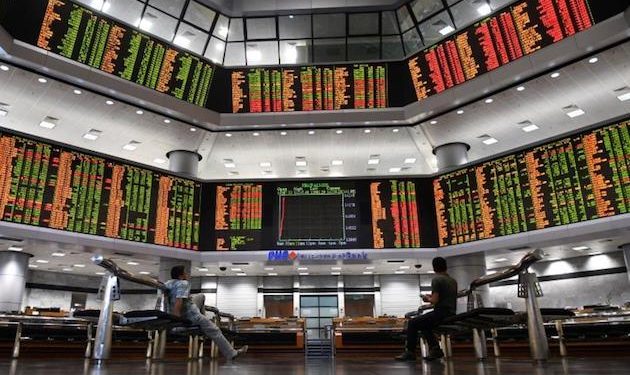- Stocks in Asia were mixed on Monday, although the Australian market remained flat.
- The divisions came in the face of a sharp fall in the price of gold, and easier oil prices.
- “For the next couple of months, I think you’re going to see some downside risk.”
SYDNEY, NSW, Australia – Stocks in Asia were mixed on Monday, although the Australian market remained flat after a spike in cases of the Delta variant of the Covid-19 virus.
The divisions came in the face of a sharp fall in the price of gold, and easier oil prices.
“For the next couple of months, I think you’re going to see some downside risk, especially going into the fall,” Yokota, Singapore head of markets, told CNBC’s “Squawk Box Asia” on Thursday. “I think stock markets are in for a correction.”
Markets in Japan and Singapore marked a three-day public holiday weekend and did not trade.
In China, the Shanghai Composite strengthened by 36.41 points or 1.05 percent to 3,494.63.
The Australian All Ordinaries dipped 2.20 points or 0.03 percent to 7,804.30.
In South Korea, the Kospi Composite index declined 9.94 points or 0.30 percent to 3,260.42.
Hong Kong’s Hang Seng closed 96.24 points or 0.37 percent higher at 26,275.64.
The U.S. dollar remained well bid during the Asian trading zone. The euro limped to the Sydney close Monday at 1.1763. The British pound was soft at 1.3879. The Japanese yen weakened to 110.15. The Swiss franc was slightly easier at 0.9152.
The Canadian dollar was a fraction lighter at 1.2547. The Australian dollar rebounded in late Australian trade to 0.7357, after earlier touching a low of 0.7327. The New Zealand dollar also recovered from an intraday low of 0.6980, to finish in Sydney around 0.7021.






